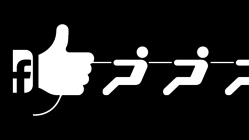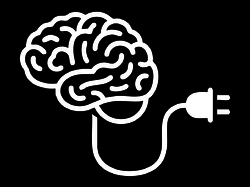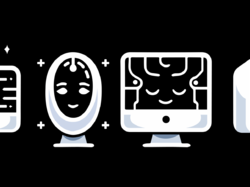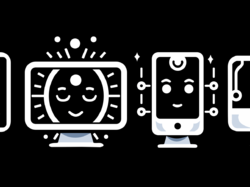Facebook Is Giving Advertisers Access to Your Shadow Contact Information
By
Josh Clark
Published Sep 27, 2018

One of the more insidious aspects of the social graph is that companies can mine data about you even if you don’t actively participate in their network. Your friends inadvertently give you up, as Kashmir Hill writes at Gizmodo:
Facebook is not content to use the contact information you willingly put into your Facebook profile for advertising. It is also using contact information you handed over for security purposes and contact information you didn’t hand over at all, but that was collected from other people’s contact books, a hidden layer of details Facebook has about you that I’ve come to call “shadow contact information.”
Information that we assume to be under our control is not. Or, in many cases, information that you provide for one specific purpose is then flipped around and applied to another. Hill mentions an especially cynical dark-pattern example of that pattern:
[Researchers] found that when a user gives Facebook a phone number for two-factor authentication or in order to receive alerts about new log-ins to a user’s account, that phone number became targetable by an advertiser within a couple of weeks. So users who want their accounts to be more secure are forced to make a privacy trade-off and allow advertisers to more easily find them on the social network.
This is despicable. This is a moment when companies should strive to improve literacy about data sharing and data usage. Instead, companies like Facebook purposely obscure and misdirect. This is both a crisis and an opportunity. As designers, how might we build new business models and interactions that rely on honesty and respect, instead of deception and opportunism?
Arguments for transparency are too often met with counterarguments like, “Well, if we tell them what we’re doing, they might not opt in.” (Or, more bluntly, “If people knew about it, they wouldn’t want any part of it.”) When we find ourselves using these words to justify covering our tracks, it’s a cue that we almost certainly shouldn’t be doing that thing in the first place.





